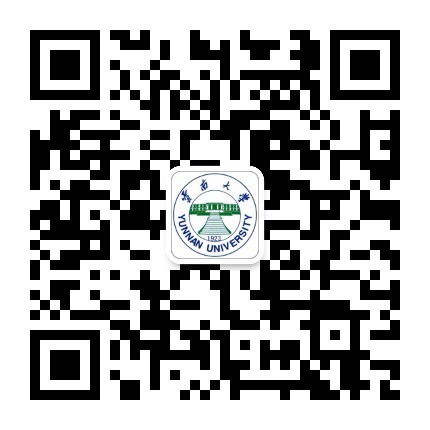自动驾驶巴士 self-driving bus
One of China's biggest technology companies has declared it has begun mass production of a self-driving bus. Baidu said the vehicles would initially be put to commercial use within Chinese cities but added it was also targeting foreign markets.
中国最大科技公司之一宣布其自动驾驶巴士已开始量产。百度称这些无人驾驶巴士将首先在中国城市投入商用,但也将以外国市场为目标。
百度首席执行官李彦宏近日在北京举行的百度AI开发者大会(artificial intelligence developer conference)上宣布,百度和金龙客车合作的全球首款L4级自动驾驶巴士(level-4 self-driving bus)"阿波龙"(Apolong)正式量产下线。这款8座巴士的大小为普通巴士的1/3,没有驾驶位、方向盘、油门及刹车踏板(It has no driver's seat, steering wheel or pedals)。这款巴士由电力驱动(runs on electric power),充电2小时后最多能行驶100公里(can travel up to 100 km after a two-hour charge)。
根据国际自动机工程师学会(SAE)的自动驾驶分级标准,L4级别为超高度自动驾驶(highly automated driving)级别,在大多数环境下由系统独自完成所有的驾驶操作(systems can cope with most driving conditions)。它比最高等级5级低一级,L5级别则可扩展到所有驾驶场景(extends to all driving scenarios),包括泥路(dirt roads)和异常天气条件(unusual weather conditions)等。
李彦宏表示,2018年将是自动驾驶产品化元年(2018 marks the first year of commercialization for autonomous driving),过去中国向世界出口廉价商品(cheap commodities),未来中国将向世界出口人工智能技术(AI technology)。有国外专家认为,从短期看,此类交通工具比自动驾驶小轿车更有可能被公众接受(such vehicles have a greater chance of public acceptance than self-driving cars)。




